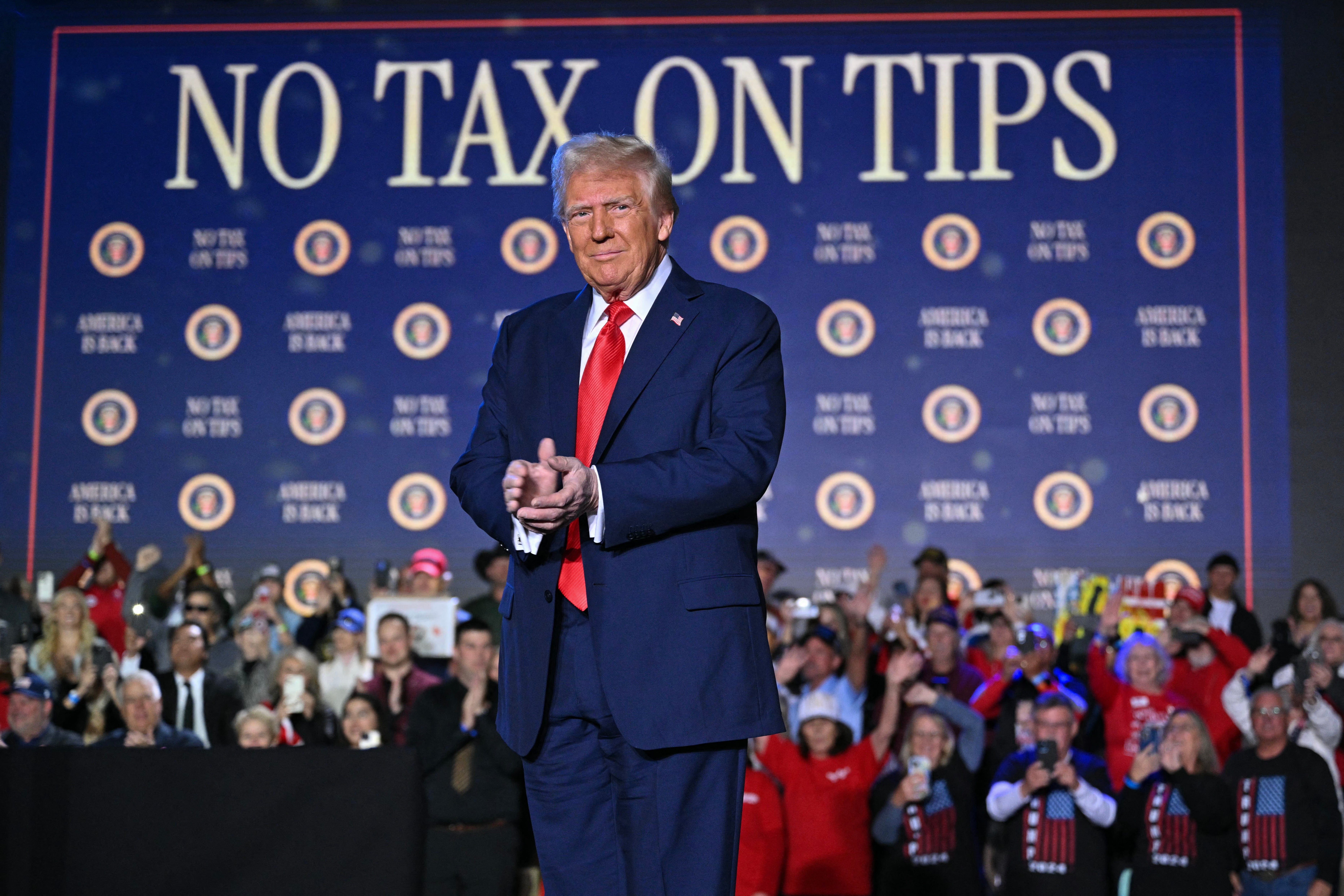ARTICLE AD BOX
Some of the sweeping tax cuts proposed in President Donald Trump’s massive spending package have found support among Democrats — even as they are expected to oppose the legislation over proposed cuts to Medicaid and other government services when it comes up for debate in the Senate later this month, according to a new report.
The gargantuan budget package, which House Republicans and the White House have dubbed the One Big Beautiful Bill Act, passed the House by a single vote last month and is now drawing heat from fiscal hawks in both chambers as well as Tesla CEO Elon Musk, who was fresh off his months-long stint as a special government employee when he began threatening to back challengers to any legislator who votes for the bill.
Still, there are facets of the proposal that have appeal for some Democrats, the New York Times reports.
Virginia Rep. Don Beyer, a Democrat who is also a wealthy car dealership owner, told the Times his party is “in general very much in favor of reducing taxes on working people and the working poor” when asked about Trump’s plan to end taxes on service workers’ tips.
“Those people are living on tips,” he added.

Trump’s tip tax cut plan has also attracted attention from Sen. Jacky Rosen of Nevada, a state where service workers make up a large and powerful voting bloc that has traditionally supported Democrats but shifted to Trump in large numbers during the 2024 presidential election, handing him the Silver State’s electoral votes.
Rosen, a Democrat, took to the Senate floor last month to advance a bill approving Trump’s “no tax on tips” plan. It passed unanimously even though the measure was largely symbolic because the U.S. constitution requires tax laws to originate in the House
“I am not afraid to embrace a good idea, wherever it comes from,”. she said at the time in remarks on the Senate floor.
Yet despite the support for some of the individual tax provisions in the plan, it’s highly unlikely that it will be able to muster enough if any Democrats to ease the way to Trump’s desk, even under a Senate procedure known as budget reconciliation, which fast-tracks some types of spending legislation without subjecting it to the upper chamber’s de facto 60-vote threshold for passage.
Democrats are expected to unanimously vote against the legislation in the upper chamber, where it has also attracted opposition from some Republicans who’ve complained that the cuts to spending in the package don’t go far enough to offset the reduced revenue caused by provisions meant to enact Trump campaign promises to end taxes on tips for service workers, as well as taxes on overtime pay for hourly workers and on social security benefits for seniors.
Nonpartisan experts such as those at the Congressional Budget Office have warned that the reduced tax receipts would blow a massive hole in the federal budget and jeopardize America’s long-term fiscal outlook, but that hasn’t stopped some prominent Democrats from getting behind the individuals tax cuts.
Trump and his allies hope the prominent tax cut proposals will blunt Democrats’ efforts to paint the One Big Beautiful Bill Act as a giveaway to wealthy GOP donors that will gut government services while only providing limited relief for working-class voters.
To that end, the president and others in his camp have routinely taken to social media to argue that anyone who votes against the bill is effectively voting for tax increases because the legislation makes permanent a number of temporary tax cuts enacted in the 2017 Tax Cuts and Jobs Act, which Trump signed into law during his first term.
Democrats, meanwhile, remain opposed to the bill’s massive cuts to Medicare and other measures that make it harder for people to claim tax credits meant to boost lower-income Americans’ bottom lines.
Rep. Brad Schneider, an Illnois Democrat, told the Times that the whole bill had to be considered rather than any individual provision or provisiosn.
“Any one thing — a tax credit or a tax cut — might make sense, but you’ve got to take a look at the whole picture,” he said.









 English (US) ·
English (US) ·